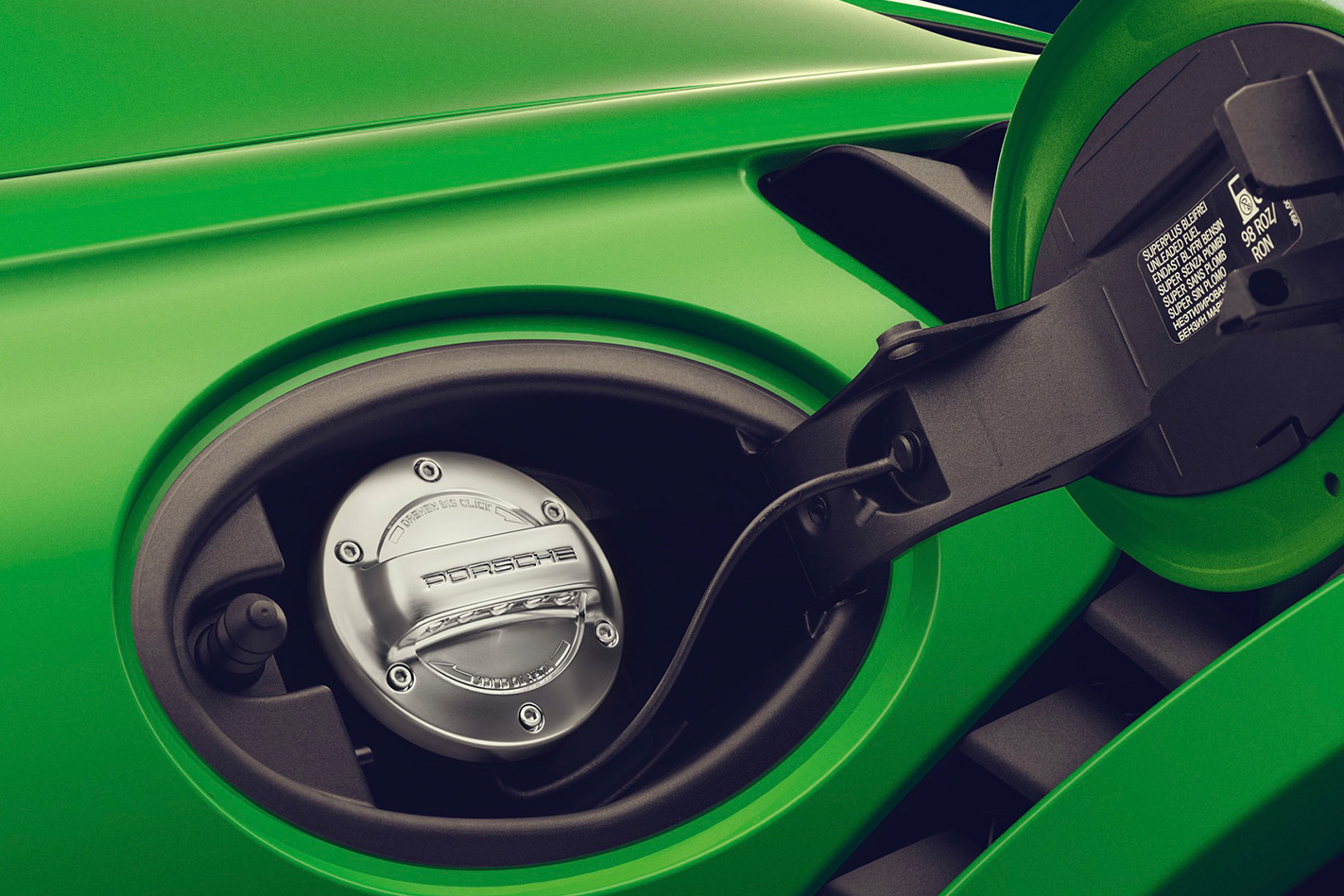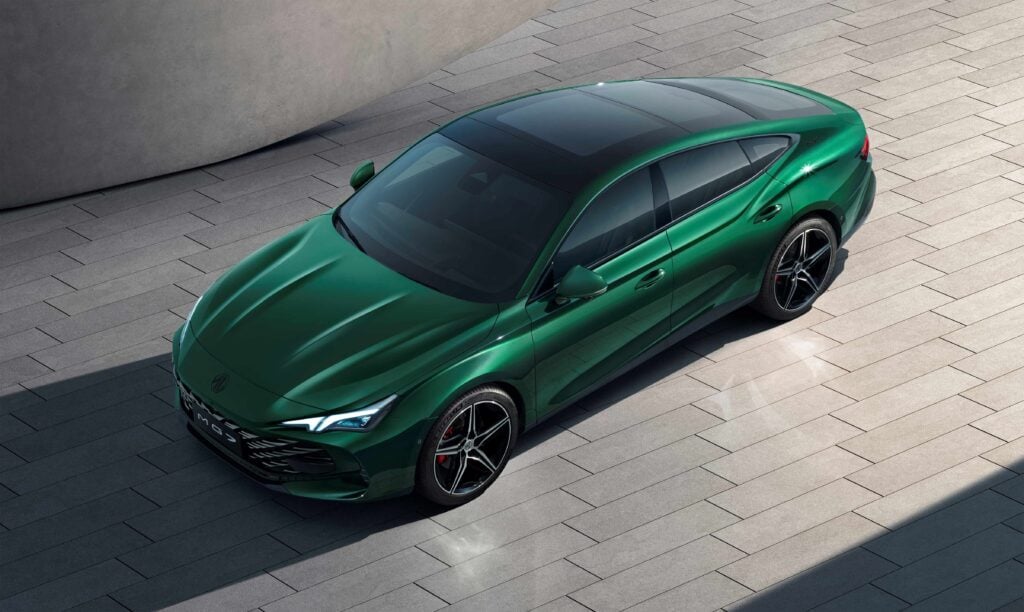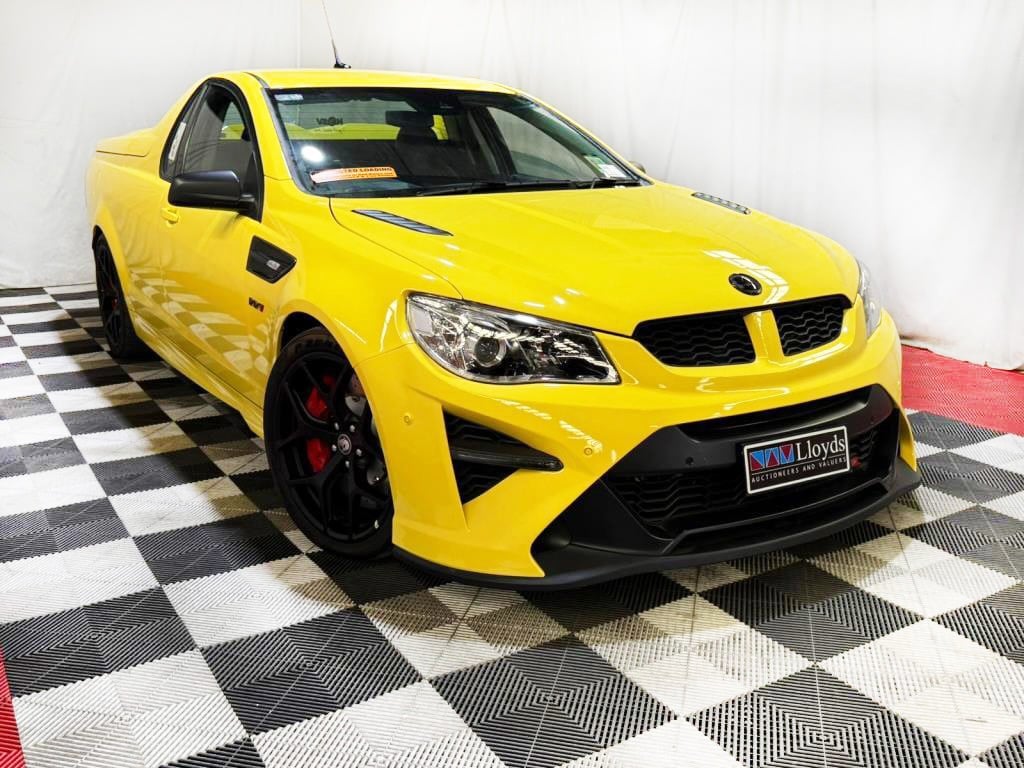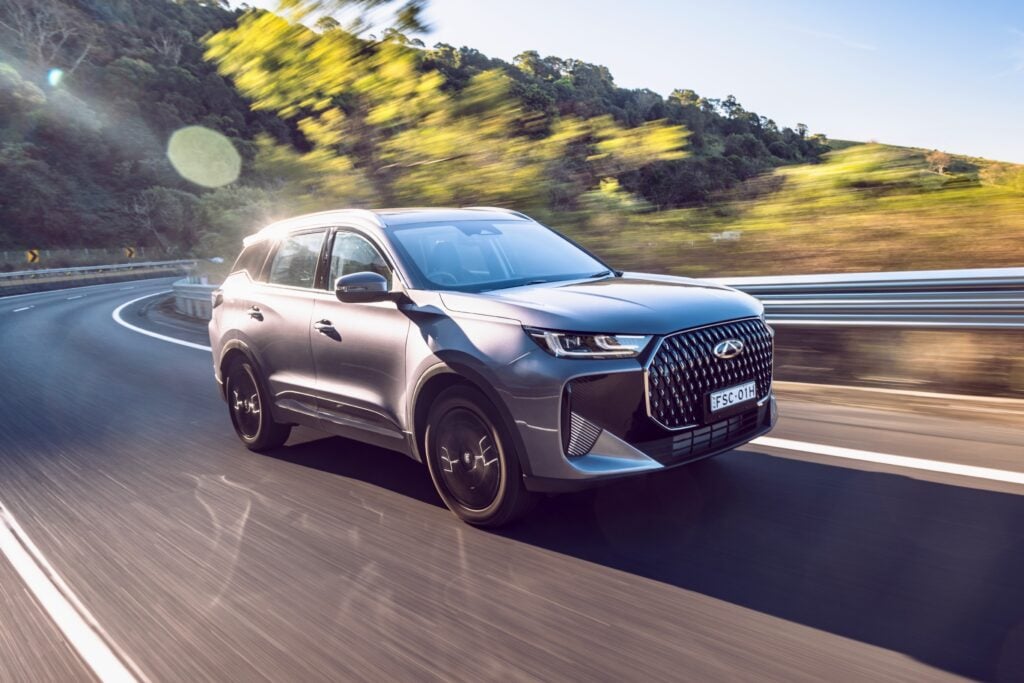It’s one of the worst feelings in the world. The crushing sensation of guilt and shame as you arrive to school on a Monday morning knowing that the assignment that’s due in a matter of moments isn’t completed. In fact, it’s not even close to being completed. It’s not like there wasn’t ample opportunity – there was weeks’ worth – but it just didn’t seem that pressing the week before, or last week, or even last weekend. There were so many other, more exciting, things to do – now there’s a price to be paid.
What does this have to do with cars? Well, the strict new European emissions regulations that for so long were a distant glow on the horizon are now high in the sky. The average CO2 emissions of a manufacturer’s entire passenger car fleet must now be below 95g/km lest they be hit with extraordinary fines; by 2025 that becomes 81g/km. For reference, a Mk8 Golf 1.5 TSI manual emits 122-130g/km CO2 under the stricter WLTP testing regime, so you can see the scale of the problem.
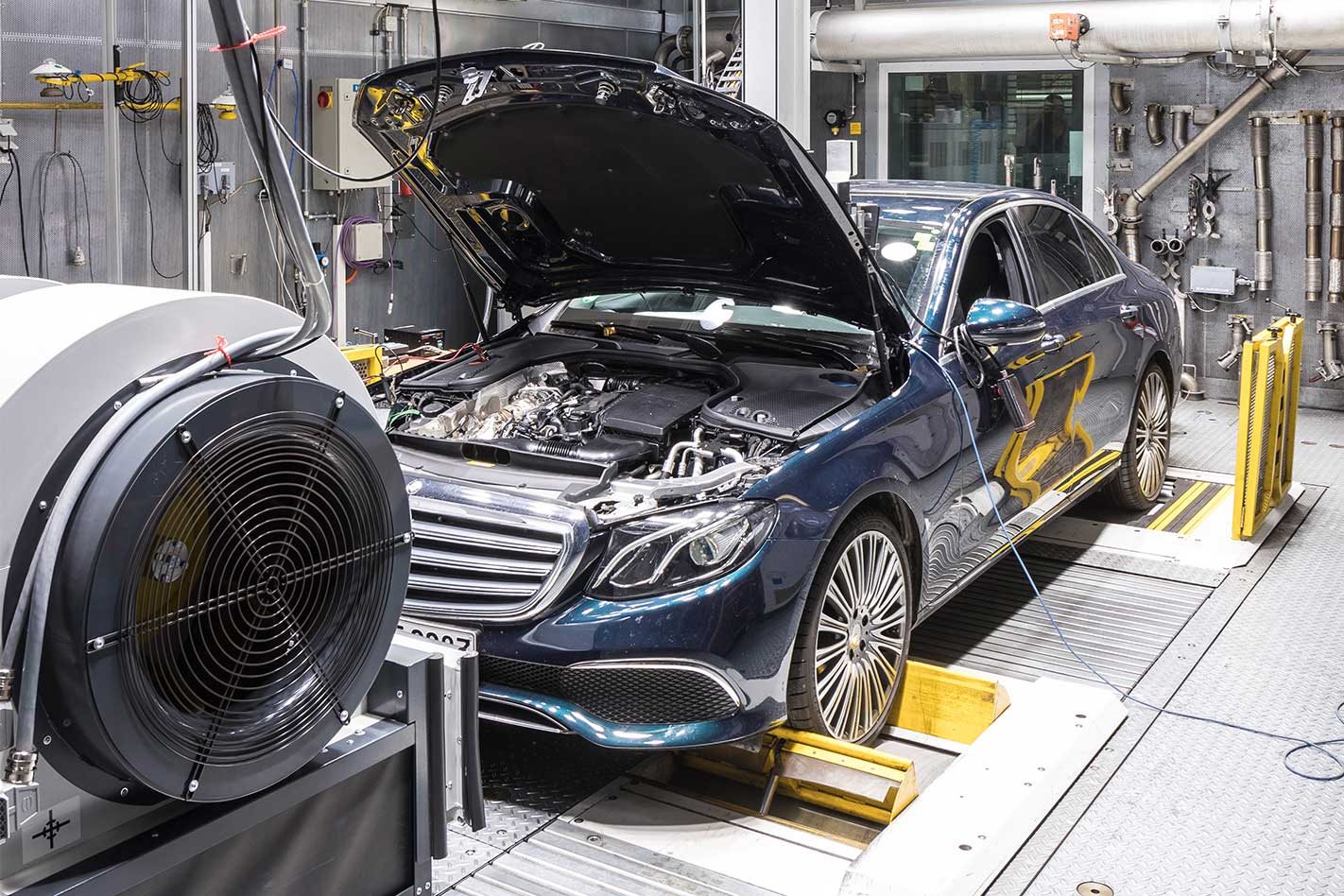
Manufacturers have responded in a variety of fashions. Most have committed to spending billions on fast tracking electric vehicles, VW for instance pledged AUD$118 billion (yes, with a ‘b’) to the production of 26 million EVs by 2030. Battery-powered sales are currently worth their weight in gold as every EV sold currently counts as two, though they don’t have to necessarily be purchased by customers. If you currently work for VAG, chances are your company car is currently running purely on electricity.
Others thought more laterally, albeit through necessity (see aforementioned AUD$118bn). Fiat-Chrysler, which is now part of the Stellantis mega-corp, joined forces with Tesla, spending 300 million Euros to include lots of zero-emission electric vehicles in its ‘fleet’. That EUR300m was considered the fiscally sensible option should give you some idea of the size of the potential fines for failing to meet the new standard.
Honda also dipped into Tesla’s fuel-free piggy bank of ‘emissions credits’. Elon.inc made a juicy US$1.58bn from this little venture in 2020, so it’s no surprise Renault, which is in dire financial straits but has met its emissions targets, is ‘open for business’ in terms of offering its surplus emissions credits while Chinese company SAIC is helping out Volkswagen.
Manufacturers have also become vocal in offering alternatives to a purely battery-powered existence. Stellantis CEO Carlos Tavares told the Financial Times that the European emissions regulations were “narrow minded” and pushing manufacturers into new technologies before their total environmental impact had been understood. Polestar published a report stating its ‘2’ SUV would need to be driven 72,500km before its energy footprint was lower than a regular ICE Volvo XC40, though this figure varies wildly depending on whether the BEV is charged with renewable energy or not.
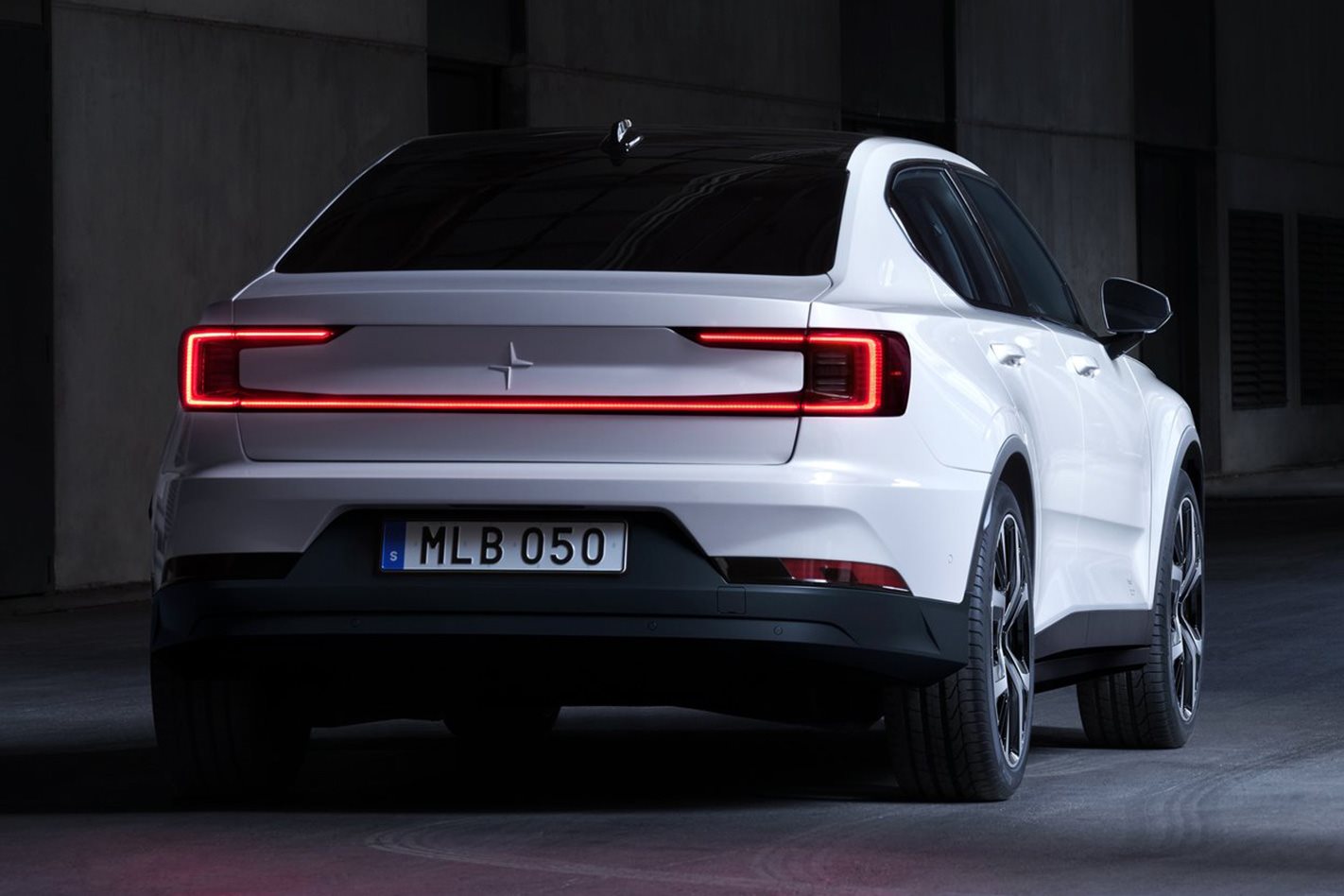
Porsche is spruiking synthetic fuels as an option, investing heavily in keeping the internal-combustion dream alive. Porsche’s sports car boss, Dr Frank Walliser, recently went on record saying that synthetic fuels could reduce CO2 outputs by 85 per cent, making them effectively as clean as an electric vehicle, though the cost and production difficulties will likely limit its use to low volume, specialist vehicles (such as Porsche’s GT-series 911s). It could keep the many millions of petrol-powered cars currently on the roads from being legislated into extinction, however.
My question is: where were these solutions five or 10 years ago? The fleet average CO2 emissions targets have been in the planning for years, but it seems that manufacturers have only responded when it’s basically too late, forcing them into the large-scale production of BEVs before the market or infrastructure is ready.
Rather than weaning themselves and customers off petrol, car makers are now forced to go cold turkey, having grown addicted to the fat profit margins of heavy, super powerful SUVs. The news doesn’t get any better, either, Autocar reporting that there is a push for the current target of a 37.5 per cent reduction in 2021 emissions by 2030 to be increased to 50 per cent. Those manufacturers better get studying.
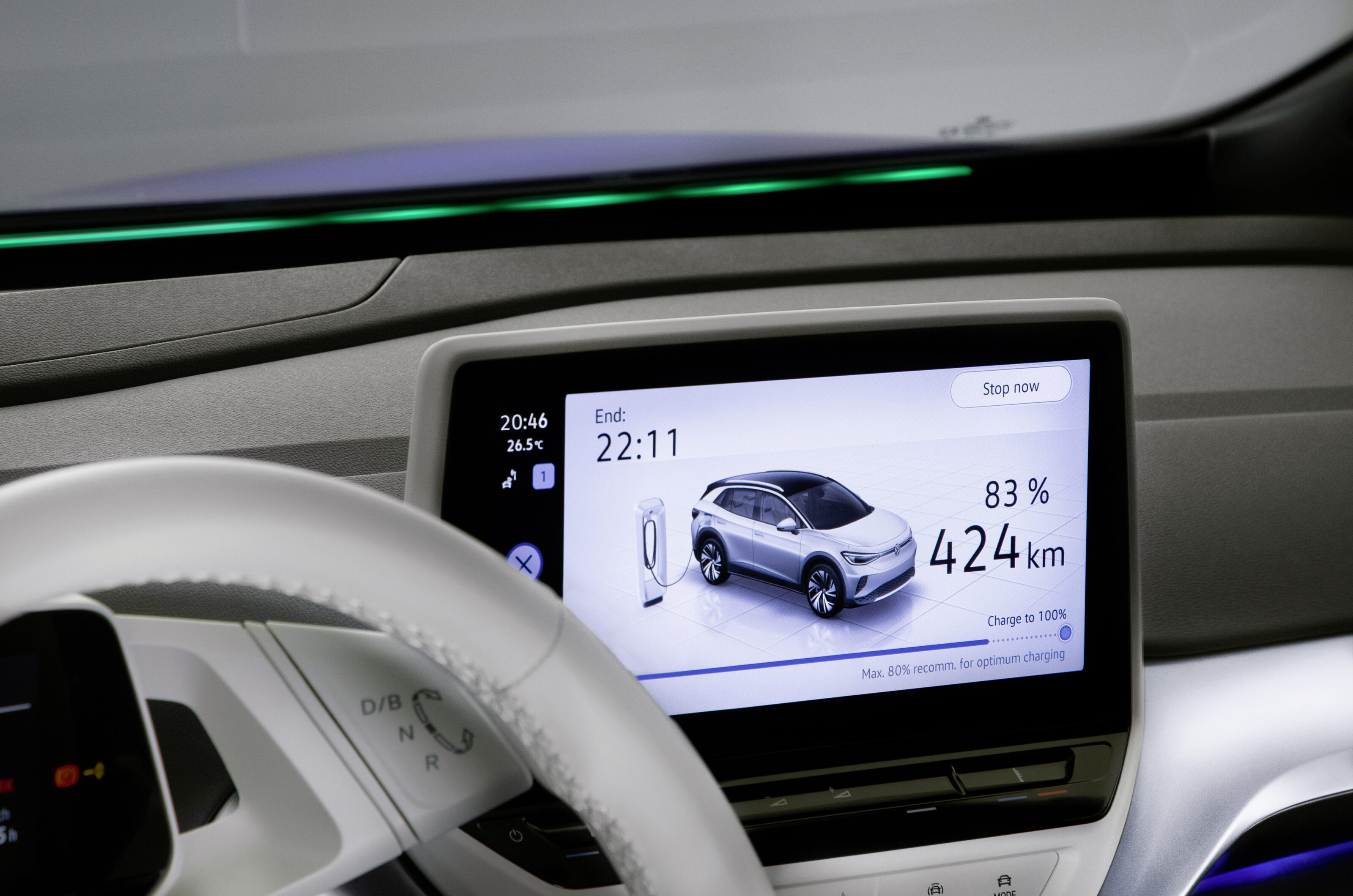
We recommend
-
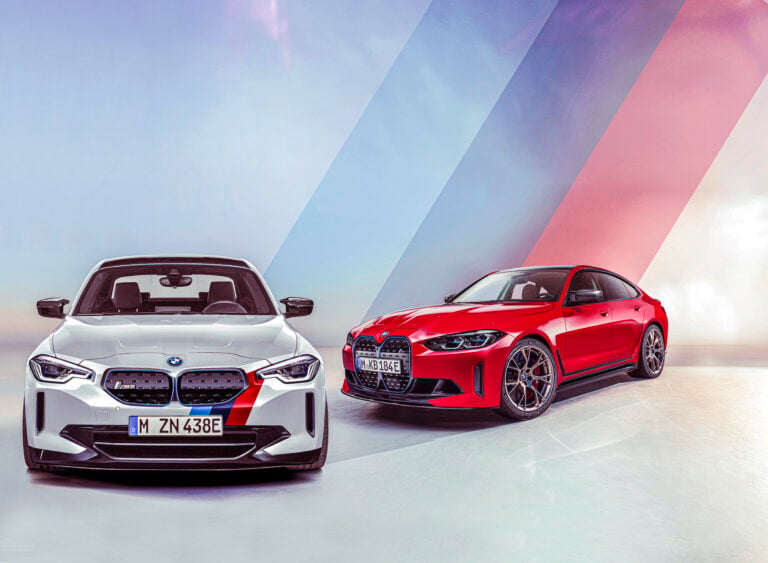 News
NewsBMW iM2: M Division's 1000kW 50th birthday gift
BMW M Division’s 50th birthday present to itself is a 1000kW M2. Yep, a megawatt of M2
-
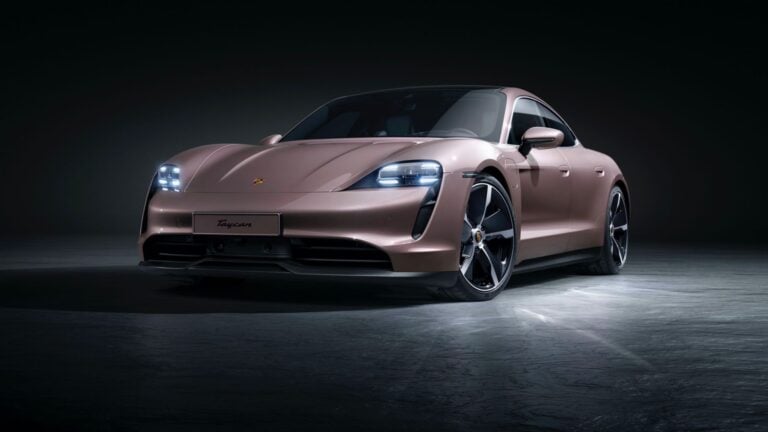 News
NewsPorsche Australia expands range with Taycan and Taycan 4 Cross Turismo
The fleet of Porsche's Taycan EVs has been expanded to seven in Australia
-
 News
NewsLotus previews Emira’s steering wheel and digital dash
Hethel's all-new sportscar will borrow Volvo steering wheel switchgear


